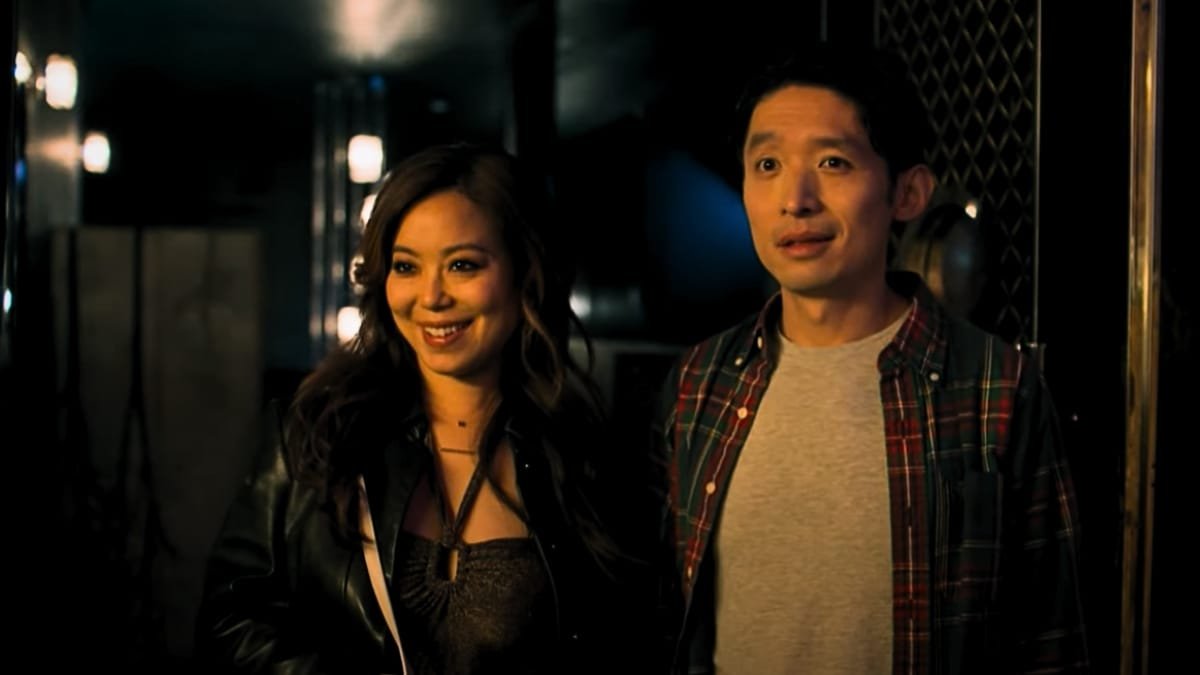Mumbai (Maharashtra) [India], September 20: Television rarely slaps you across the face with familiarity. But Homebound 3.0, the Kiwi comedy-drama series, does just that. It doesn’t just stream into your living room; it practically unpacks its suitcase, raids your fridge, and insists you sit down to relive every awkward family dinner you thought you’d escaped.
Yes, the premise sounds simple: a thirty-something writer moves back in with their immigrant parents. But what follows is a rollercoaster of cultural clashes, love-life blunders, and identity crises that are equal parts hilarious and exhausting. If you’ve ever rolled your eyes at parental expectations or explained Tinder to your mom, congratulations—you’ve just lived the pilot episode.
Why Homebound 3.0 Catches Attention
Authenticity as a weapon: The show doesn’t exoticize diaspora life; it unpacks it with wit.
Cast chemistry: The leads look like they belong in the chaos, not just act through it.
Universality of awkwardness: You don’t have to be from New Zealand or an immigrant household to recognize the emotional minefields.
Yet for all its strengths, there’s a catch: sometimes Homebound 3.0 is too real. The pacing drags, arguments repeat, and certain episodes feel like overhearing your neighbors’ fight through paper-thin walls. Relatability is good—repetition, less so.
The Show in a Nutshell
| Aspect | What Works | What Doesn’t |
|---|---|---|
| Storyline | Relatable, culturally layered, witty | Repetitive arguments, pacing lags |
| Performances | Natural, heartfelt, believable chemistry | Some supporting roles underdeveloped |
| Humor | Sharp, sarcastic, situational | Occasionally feels forced or predictable |
| Cinematography | Functional, grounded realism | Rarely inventive, lacks visual flair |
| Cultural Relevance | Authentic diaspora representation | Risks being niche for global streaming audiences |
Social Media Buzz and Fan Talk
If you scroll Reddit or X (formerly Twitter), you’ll find Homebound 3.0 already has its own digital fan club.
One Reddit user wrote: “This show is my immigrant diary come to life. I laughed, then cried, then texted my mom.”
Another X user put it bluntly: “Feels like therapy. But the kind where you leave more confused than when you arrived.”
This paradox—viewers bingeing while hate-watching—is precisely why the show trends. It’s comfort food with too much salt: you can complain all you want, but you’ll still reach for another bite.
What Critics Are Saying
Positive: Critics hail its unapologetic look at cultural identity and its refusal to wrap every conflict neatly in 30 minutes.
Negative: Others argue the show confuses authenticity with monotony and desperately needs tighter editing.
Mixed: Some call it a “therapy session nobody asked for but everybody needed”—both compliment and complaint in one.
PR Spin: The Charm of Ordinary Chaos
From a publicity standpoint, Homebound 3.0 positions itself smartly. In a market addicted to fantasy spectacles and courtroom thrillers, it waves its flag proudly as the “anti-Netflix blockbuster.” It says: here’s the mess of everyday life, unfiltered.
It’s not glossy, it’s not escapist, and it definitely won’t teach you sword fighting. But it will show you the frustration of explaining your career choices at every dinner, the awkwardness of dating while living at home, and the lingering guilt of balancing tradition with ambition. That honesty is its USP.
Room for Improvement
Episodes could use trimming; not every conflict needs a trilogy.
Supporting characters deserve more layers.
A bolder visual style could elevate its grounded realism without betraying authenticity.
If Homebound 3.0 secures a second season, fans will expect sharper pacing and fresher conflicts, not just another round of passive-aggressive parental one-liners.
The Bigger Picture
Representation matters. And shows like Homebound 3.0 prove that relatability sells—even when it hurts a little. It’s not trying to be prestige TV; it’s trying to be your life reflected on-screen. And maybe, just maybe, that’s what today’s viewers want.
Whether you find it cathartic or claustrophobic, one thing is undeniable: it has people talking. And in an industry drowning in content, sparking debate is a victory of its own.
Final Word
So, should you see it?
- Yes, if you hunger for humor based on cultural misadventures, cringe-worthy family meals, and brutally candid identity crises.
- Perhaps not if you prefer fantasy, dragons, or murder mysteries.
Ultimately, Homebound 3.0 is the roommate of television shows: occasionally wonderful, occasionally a nuisance, but always unforgettable.


